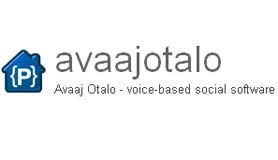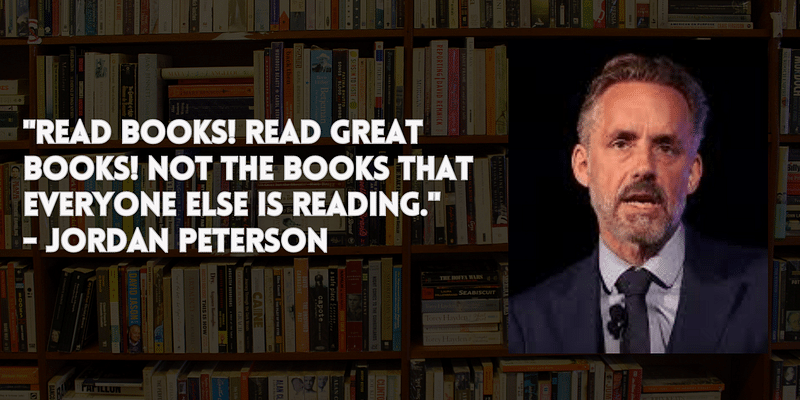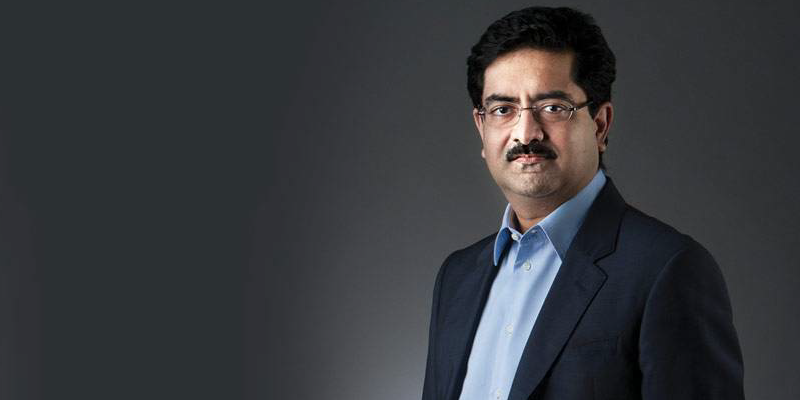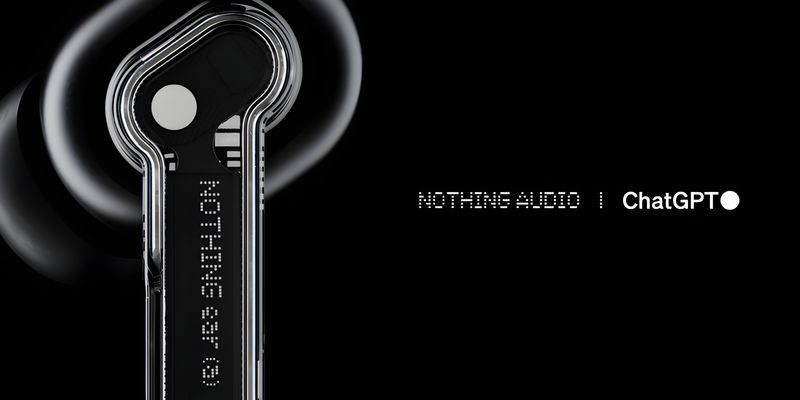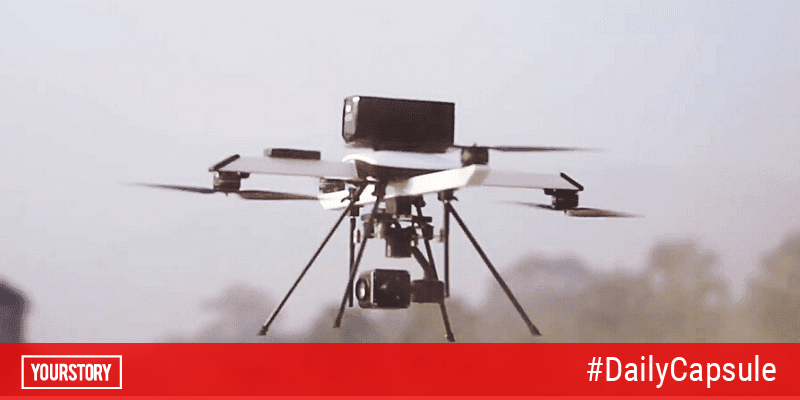Avaaj Otalo : Mobile Services To Empower Farmers
Avaaj Otalo is a service for farmers to access

relevant and timely agricultural information over the phone.
By dialing a phone number and navigating through simple audio prompts, farmers can record, browse, and respond to agriculturul questions and answers.In conversation with YourStory.in’s Abhilasha Dafria, Paresh Dave tells us more about the idea behind Avaaj Otalo, the response to their service and their thoughts on being an NSIH finalist.
Please tell us about your Project.
Avaaj Otalo is a mobile-phone based ICT initiative by the Development Support Centre to empower farmers with access to relevant and timely information in a participatory and interactive manner. It was initiated by DSC in collaboration with UC Berkeley, Stanford and the IBM India Research Laboratory in 2008. The Avaaj Otalo led to the foundation of Awaaz.de, a company that now provides similar services to seven other partners across six states in India.
How does the entire process work?
Avaaj Otalo works on a simple Voice Response System (IVR) and connects via a PRI line. By dialing a phone number (079 301 42000), the farmer can pose questions by navigating through simple audio prompts (in the Prashn and Javab section), listen to information (Mahiti section), listen to radio programmes produced by DSC (Radio section) and the fourth section (Anubhav) is for uploading or listening to experiences from the field.
How did the idea come about?
Farmers in ruralIndiastruggle to meet the challenges of climate change, new diseases, increasing input costs, price fluctuations, etc. Getting reliable and timely information is of critical importance to them. The radio and TV have been successful in reaching out, but these are just one way, providing generic information and that too in a scientific language. There is great progress in computer based technologies but these are not feasible to many and also require literacy skills. Therefore there is a need to develop technologies that can be accessed by mobile phones as they have a higher penetration among rural communities.

When was this launched?Avaaj Otalo first started with the IBM research Lab (Delhi) in 2008. DSC and IBM Research Lab worked together up to December, 2009. As of January, 2010, AO works with Awaaz.de.
Where did you come up with first prototype?
With the IBM Research Lab and later on with Awaaz.de.
How has the response been so far?
The response has been greater than we anticipated. In 2011, AO register more than one lakh hits including PUSH and PULL calls. The farmers have been able to reduce the cost of inputs by 12% – 15% and increase yield and income by 10% – 12%. Considering the success of AO, the CSPC (Coastal Salinity Prevention Cell) use AO to disseminate information on combating salinity and encourage rainfall insurance to their 1,000 farmers. The Center for Micro-Finance (CMF) also uses AO for reaching 1,500 farmers for their extensions.
Who are the various stakeholders involved in the process?
AO’s existence is possible with the financial and motivational support by the European Union and Agakhan Foundation (New DelhI). Since its inception, EU and AKF have provided financial assistance to AO to date.
We currently have three major stakeholders in AO. DSC is the primary in operations, Awaaz.de provides technical inputs and CMF uses us for their extensions.
Do you monetize? What’s your revenue model?
AO started from the grants provided by the EU and AKF. But from January, 2012, the AO service is subscription based. We have launched a scheme named ‘Rs. 365 for 365 days’ and it has received very positive responses across the state. Farmers are willing to pay this amount for one year. We’ve just started registering their names.
Feeling of being a NSIH Finalist?
Absolutely wonderful. We just started AO as an effective means of extension. We never chased awards but the NASSCOM Foundation is very prestigious across the country. We feel honored. Qualifying to be a finalist was a testament to the quality of our work.
How do you think NSIH will make a difference in your growth?
The NSIH process gives us more confidence and focus in using ICT for strengthening livelihoods. We’ve been inspired to conduct a few ICT based experiments. We’re also trying to apply ICT in empowering the livelihoods of women using the NSIH process.






